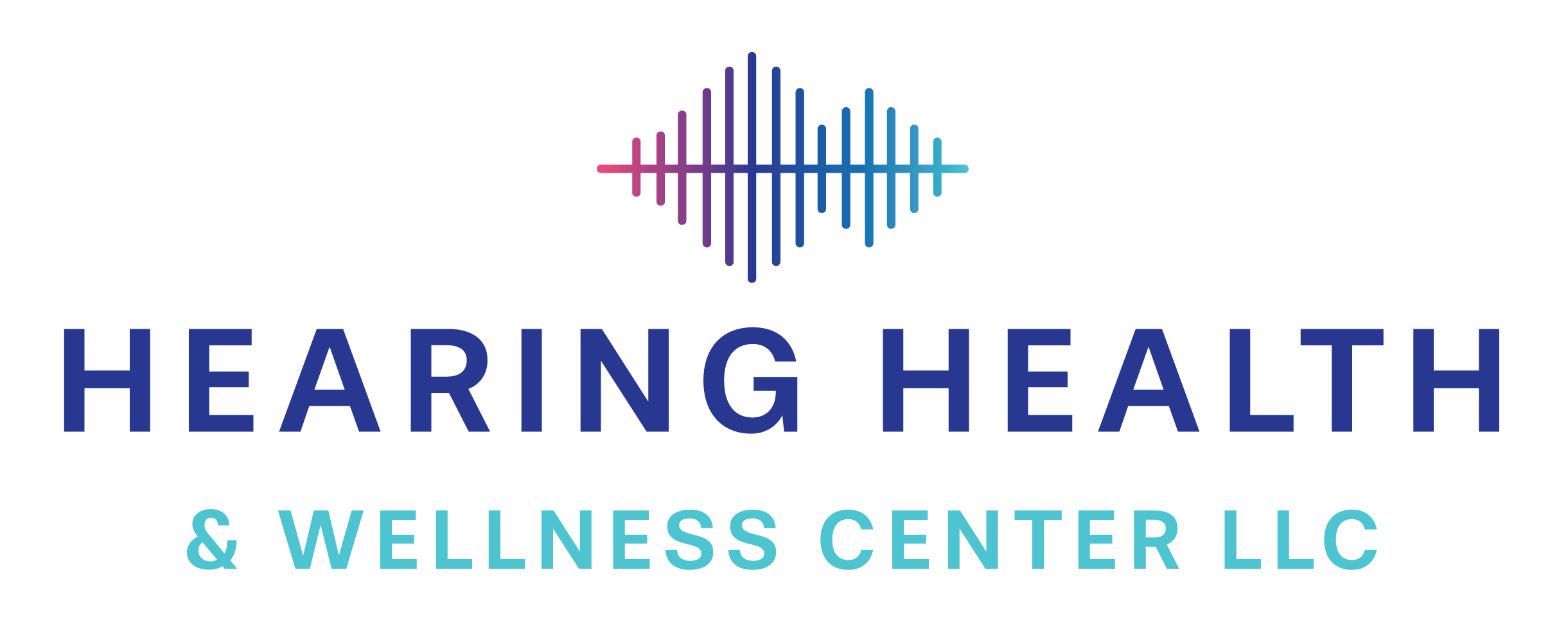Hearing loss doesn’t look the same for everyone. Some people notice trouble in noisy restaurants, while others may miss softer sounds at home. That’s why testing is such an important first step. It gives us a clear understanding of how you’re hearing in different environments and helps us figure out what kind of support you might need day to day.
At Hearing Health and Wellness Center, our audiologists take the time to get to know your hearing habits, lifestyle and any changes you’ve noticed. With the right tools and a personalized approach, we’ll guide you through testing and explain the results in a way that’s easy to understand. From there, we can talk about next steps together – whether that’s no treatment at all or exploring options like hearing aids designed to match your needs.
Who Needs a Hearing Test?
If you’re having trouble following conversations, especially in noisy places or if people seem to mumble more than they used to, it might be time for a hearing test. You may also find yourself turning up the volume on the TV or asking others to repeat themselves often. Hearing tests aren’t just for older adults – anyone who notices changes in how they hear should get checked. Even mild hearing loss can affect your daily life, so it’s better to catch it early. We can help you figure out what’s going on and talk through the best next steps if something shows up in your results.
What Does a Hearing Test Involve?
A hearing test typically involves a series of simple procedures that help your audiologist assess your hearing ability. You may be asked to listen to various sounds through headphones at different pitches and volumes, and you will indicate when you hear the sound. These results will help determine if you are experiencing hearing loss and to what degree. Your audiologist will guide you through each step and explain what’s happening.
- Pure tone audiometry: This test measures the softest sound you can hear at different frequencies. You will wear headphones and listen for beeps or tones at varying pitches, responding when you hear them.
- Speech audiometry: This test evaluates your ability to hear and understand speech. You’ll listen to words or sentences at different volumes and your responses will help your audiologist assess how well you can process speech sounds.
- Tympanometry: This test checks the movement of your eardrum and the pressure in your middle ear. A small probe will be placed in your ear, and an audiologist will measure how your eardrum responds to air pressure changes.
- Otoacoustic emissions (OAE): This test measures the sounds emitted by your inner ear when it’s stimulated. It helps check the health of the hair cells in the cochlea, which are responsible for detecting sound.
These tests are quick, non-invasive and important for understanding your hearing health. Based on the results, your audiologist will discuss potential treatments, like hearing aids, if needed.
Understanding Your Results
After your hearing test, your audiologist will review your results with you and explain what they mean. They’ll discuss whether you have any degree of hearing loss and how it might affect your daily life. If hearing aids are recommended, they will talk about the different options available to you and how they can help improve your hearing. Our audiologists will guide you in choosing the best hearing aid style and features based on your needs, preferences and lifestyle. Together, you’ll find the right solution to enhance your hearing and quality of life.
